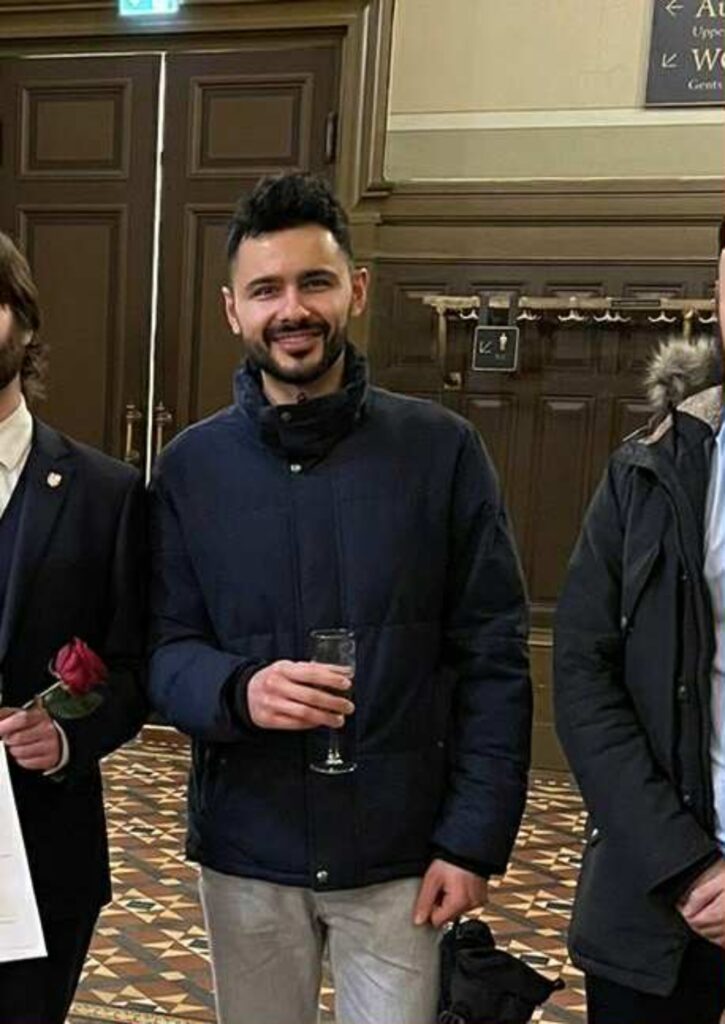
Hello everyone! I am Ibrohim Hamoud, and I am from Sweden. I pursued my bachelor’s degree in Mathematical physics from Lund University, Sweden. Later on, completed the Master’s degree in Computational science at Uppsala university, Sweden. Currently, I am based in Enschede, Netherlands, where I am pursuing a PhD at the University of Twente.
My PhD research focuses on the development and implementation of a two-phase Material Point Method (MPM) for simulating granular–fluid mixtures, with the aim of advancing the understanding of submarine landslides. The project specifically addresses the interaction between the sliding mass and submarine infrastructure, a critical aspect for hazard assessment and engineering design.
Key research objectives include improving the numerical accuracy and computational efficiency of two-phase MPM. To address the computational cost associated with large-scale simulations, we are developing machine learning–based surrogate models that can approximate MPM outputs with significantly reduced runtime, thereby enabling the method’s use in industrial-scale applications.
On the modeling side, the focus lies in establishing a robust two-way coupling between the fluid and solid phases within the granular mixture, while also accurately capturing the dynamic interaction between the landslide material and submerged structures. This combination of physical fidelity and computational acceleration aims to make high-resolution submarine landslide simulations both feasible and scalable.
For more details, please visit my project page.
Let’s now dive into something truly exciting – POSEIDON! This is a prestigious EU Horizon MSCA project — a collaborative research network that brings together PhD candidates and partner institutions from across Europe to tackle cutting-edge challenges, with a strong focus on offshore hazards.
My primary motivation for applying to this PhD position stemmed from the project description, which I came across while searching for doctoral opportunities focused on the hybridization of numerical methods with machine learning. POSEIDON in general and my project topic in specific has a broad scientific scope and is highly multidisciplinary. It involves the numerical development and implementation of the Material Point Method (MPM), the modeling of granular–fluid mixture physics and coupling, and the integration of machine learning to develop surrogate models. Additionally, the project includes the design and development of GPU-accelerated software, which will be one of the key outcomes of my research.
This rich interdisciplinary framework not only aligns perfectly with my interests but also provides flexibility and a unique opportunity to learn across multiple domains.
Since joining the project, I’ve had a truly rewarding experience. I’ve had the opportunity to connect and collaborate with fellow researchers from various universities across Europe. Beyond the scientific work, POSEIDON offers enriching experiences such as secondments — research visits to partner institutes — where I can acquire new skills and insights that directly benefit my research.
Being part of POSEIDON is more than just pursuing a PhD; it is a journey of collaboration, learning, and personal and professional growth.

